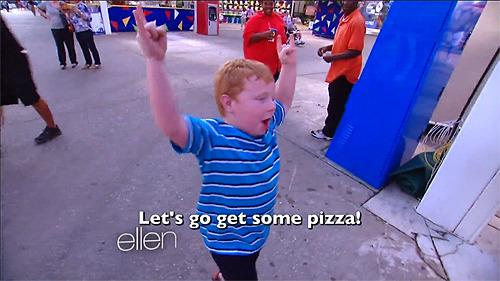It’s usually said that the “language is alive”, it means that it’s constantly changing and the popular expressions are the ones that are in constant change. Spanish has one of the richest compilation of popular expressions. I bet that I can have a meaningful conversation with a friend using only popular expressions.
Of course the most expressions you use from a part of Spain, the most from this part you are, so to become truly spies in Cataluña or in Madrid we needed to extend our expressions dictionary. Here there are the most used expressions in Catalunya that Pablo taught me:
- A tort i a dret: It’s used when you are doing something without direction or planning.
- Deu n’hi do: It means something like “WOW!”. It’s an expression used as a positive amazement.
- Fer el cor fort: It means, make the heart strong. It’s used when you want to say to someone that he has to be strong in difficult moments and confront the problems with optimism.
- Entre poc i massa: It means, not that much and not that less. It’s used when someone is overreacting about something.
- Fer nosa: It means disturb someone.
- Beure oli: It’s used when someone has failed doing something. In english it’s said, drop a clanger.
- Som-hi: That’s an easy one. It means let’s go!
- Ja n’hi ha prou: The literal translation is “ther hs been enough! STOP!”. In Finnish there is another word, TARPEEKSI!
- Suar la cansalada: It means “to sweat the big drop”. It’s used when someone is in a trouble or in a difficult situation.
- Ser un somiatruites: To be a dreamer (like John Lennon).

When Pablo read my list the first thing he thought was that our expressions are used to overreact and to magnify everything. But he is a liar, “me la está liando”, and he is the worst person ever, “tiene mucha jeta”. Well… maybe I’m overreacting a bit now, he is not such a bad person.
Transmitting this expressions without a context was a bit difficult, as they get most of their meaning depending on what are you talking about or the emphasis in the pronunciation. Teaching how to speak Madrilian it’s been quite funny, but it was funnier trying to speak catalan, they are more quiet and more melodic while they are talking and I’m completely the opposite, I’m always shouting and laughing out loud. Anyways, patience and enthusiasm for teaching and learning were present so it wasn’t at all a big deal.


Comments